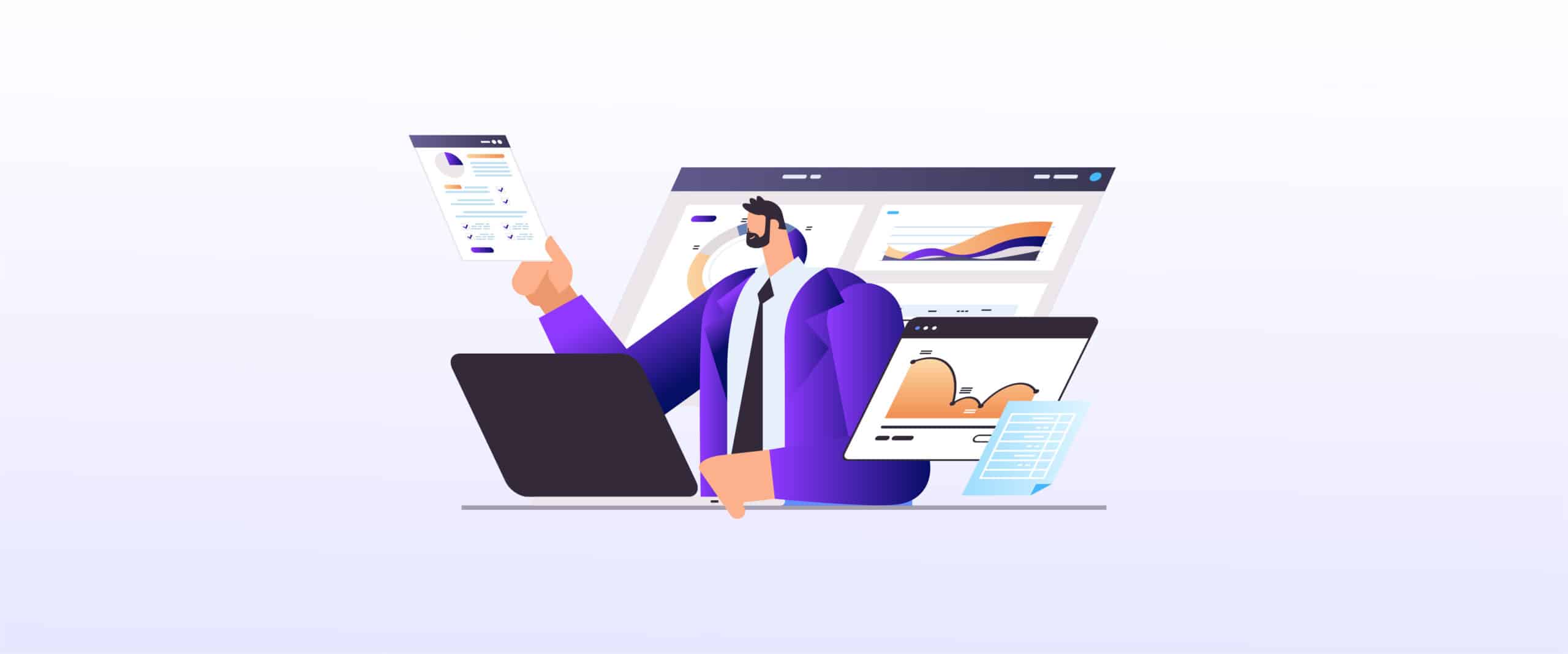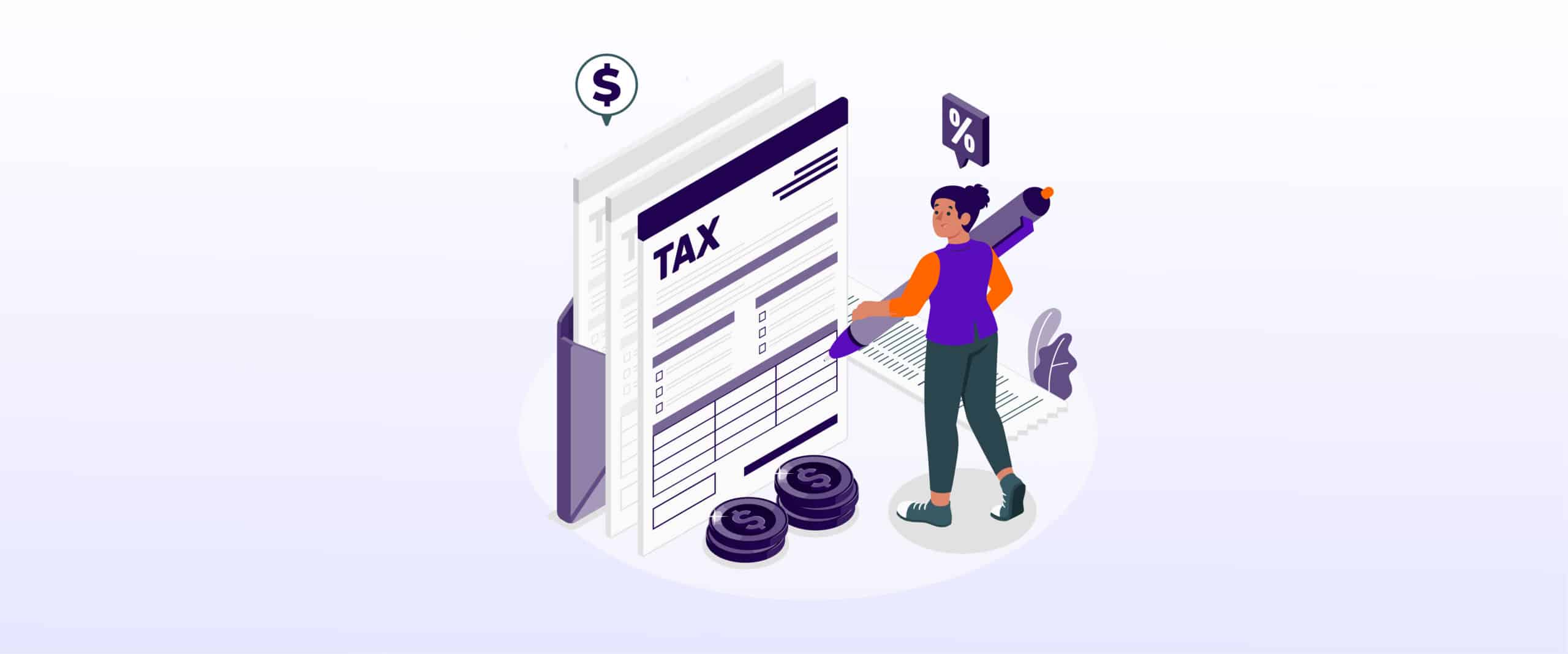Balancing books is as important as welcoming guests and providing exceptional services. However, money management has never been easy, especially in the hotel industry. This might sound scary but stay rest assured, as Paperchase brings to you the most reliable software to your hotel bookkeeping up to date and lets you measure revenue and expenses, manage cash flow, and keep your company profitable.
Let’s dive into the complete guide to hotel bookkeeping that will teach hotel accounting systems, setting up payment systems, daily activities, and more.
Understanding the Basics of Hotel Bookkeeping
Hotel bookkeeping is the process of maintaining all the transactions and tracking money such as records of rent, electricity, and supplies. It also includes monitoring hotel bookings, food and drink sales, and other services. Keeping organized records help track hotel’s revenues, make informed decisions, and comply with tax laws.
Keeping accurate financial records help not only the owner but also the managers,stakeholders and investors. It also helps you discover trends, manage budgets, and prepare for the future. Hotel accounting requires more effort than traditional recordkeeping. One has to also show how the hotel performs financially to document and report and manage all its operations.
Setting Up Your Hotel’s Bookkeeping System
How to Choose the Right Accounting Software
Hotels need accounting software for effective bookkeeping. Search for a hotel-specific software that is your one stop solution which provides revenue measurement, expenditure management, and PMS integration. Software selection involves numerous considerations which includes financial report accuracy, customer support, scalability, and usability. The right software is the one that streamlines hotel’s bookkeeping, saves time, and decreases human error.
Setting Up Charts of Accounts
A chart of accounts contains the hotel’s accounts for money tracking. Hotels need a complete chart of accounts to keep accurate hotel bookkeeping. Revenue should comprise accommodation and food and beverage sales, while expenditures should include wages and utilities.
Assets must possess cash and accounts receivable, while liabilities should include accounts payable and loans. The development of accurate and sound financial statements and informed business decision-making need a well-organized chart of accounts for financial operations monitoring and Categorization.
Daily Bookkeeping Tasks
Hotels must record all financial transactions daily as part of their accounting procedure. To achieve this, you must check guests in, collect payment, and monitor sales from several hotel services. Remember to complete your daily activities to keep your books accurate.
By tracking incomes & expenses daily,the owner can identify areas of inefficiency and make necessary improvements. Identifying and fixing issues quickly is the most significant advantage of this process. The second most important advantage is that it improves cash flow management. Accountants should balance cash boxes, update ledgers, and record all actions in the correct accounts daily.
Revenue Management
Tracking room revenue is the most important part of financial management for hotels. You must use your hotel’s accounting system to report revenue daily. This shows you an estimate of your hotel’s availability, ADR, and RevPAR. These measures help evaluate your hotel’s performance. You will get this information by monitoring room revenue. By assessing these elements, a hotelier can make sensible pricing, marketing, and operational improvements to maximize profits.

Expense Management
Organizing your expenses into several buckets will aid you track them and identify areas where you can save bucks. By classifying your spendings, you better analyze your expenses, identify areas for potential savings, and make informed decisions about your budget. Financial reporting and meeting tax requirements will make the expense system more accessible and smoother.
Hotel payroll is one of its biggest expenses. Managing worker hours, establishing compensation, and assuring rapid payment need hotel accounting systems. Efficient payroll administration keeps workers pleased and pays them on time and legally.
Managing Accounts Payable
Keeping tabs on and managing supplier bills is crucial for hotel bookkeeping and accounting. Never miss a payment and be sure to document and clarify every payment. The correct invoicing system will help your hotel save time and money while preserving supplier relationships and warding off late fees. These advantages result from accurate invoicing processing. Track the key metrics to make accounting simpler, smoother and faster.

Reconciliation and Reporting
To keep accurate hotel bookkeeping, hotels need to report and balance their accounts often. Checking books and bank accounts in routine, find things that could be improved with your money. Being able to read financial information provides digestible insights to figure out how well your hotel is doing.
Reporting and reconciling aids in finding mistakes and scams to ensure that financial records are correct, current, and complete. This method also makes planning and making decisions quicker.
Budgeting and Forecasting
Budgeting and planning are essential for managing financial management for hotels. The budget should be changed often based on your current liquid position. This keeps track of your money flowing in and out. With projections, you can guess how much things will cost in the future and make intelligent choices.
A well-thought-out budget will help you choose how much to spend and put away. Regular comparisons of real results with the budget help you find problems, make your plan better, and stay on track to meet your financial goals.
Tax Compliance
Compliance is a critical component of proper bookkeeping. It’s essential to follow the tax rules. Ensure you keep good records to file your taxes on time, and talk to a tax expert if something goes wrong. Hotel workers must know and follow all tax laws and rules for tax compliance.
If your hotel files its tax returns on time, it can avoid expensive fines and ensure it follows the government’s rules.

Internal Controls and Fraud Prevention
Internal controls guarantee correct financial data and combat fraud. This entails keeping different people’s tasks distinct, verifying often, and managing transactions using secure technology. The goals of internal controls are asset protection, financial reporting verification, and efficiency enhancement.
Internal controls include permissions, access restrictions, and regular reviews. Strict internal controls can save your hotel or restaurant’s finances and reputation by preventing fraud, mistakes, and bad management.
Seasonal and Event-Based Bookkeeping
Hotels often plan unusual events and undergo yearly renovations. You need to modify your bookkeeping for hotels to consider these disparities. Keep an eye on each of these things to see how seasonal changes impact your business. More guests may stay in your rooms and purchase food and drink during the peak travel season.
An essential component of event-based accounting is keeping track of funds for special occasions like weddings, fairs, and seminars. To optimize profits, manage cash flow, and allocate resources more effectively, you must understand how regular and event-based operations impact profitability.
Training and Development for Bookkeeping Staff
Make sure to train your accounting staff to handle problems with hotel bookkeeping. Employee education on regulatory updates, accounting software upgrades, and best practices for businesses is crucial for any successful business.
By participating in ongoing professional development, staff members stay updated on changes to the hospitality accounting solutions, including new technological advancements and accounting trends.
Employee training improves financial reporting, guarantees compliance, and raises performance levels. Professional accounting staff expedites and enhances the financial management and gives data accuracy.
Outsourcing vs In-House Bookkeeping
The size and demands of your hotel determine whether it requires in-house or outsourced accounting. Keep your accounting in-house for greater control or outsource to specialists like Paperchase Hospitality Accountants to save time and ensure accuracy.
Outsourcing helps capture knowledge, reduce administrative expenses, and concentrate on core company operations. In contrast, in-house accounting offers direct control, quicker reaction times, and greater flexibility.
Price, complexity, and availability of experienced staff should be addressed while making this decision. Choose the finest solution by considering the pros and cons to meet your financial management of the hotel.

Handling Financial Crises
Any company goes through challenging financial situations while running a business. For handling such situations, it must keep financial statements updated. This provides a clear picture to take informed decisions. Reviewing financial accomplishments will assist you in identifying and resolving any problems early on. Paperchase hotel accounting software makes it much simpler, easier and hassle-free.
Conclusion
The great news is that Papaerchase’s hotel accounting software can make everything discussed above much simpler. It can handle the financial aspects of running a hotel by knowing the basics, establishing a reliable system, and adhering to best practices.
Contact Paperchase Hospitality Accountants if you need financial support for your hotel. Trust their experts with your hotel’s finances. They provide solutions tailored to the hospitality sector.

Read more























